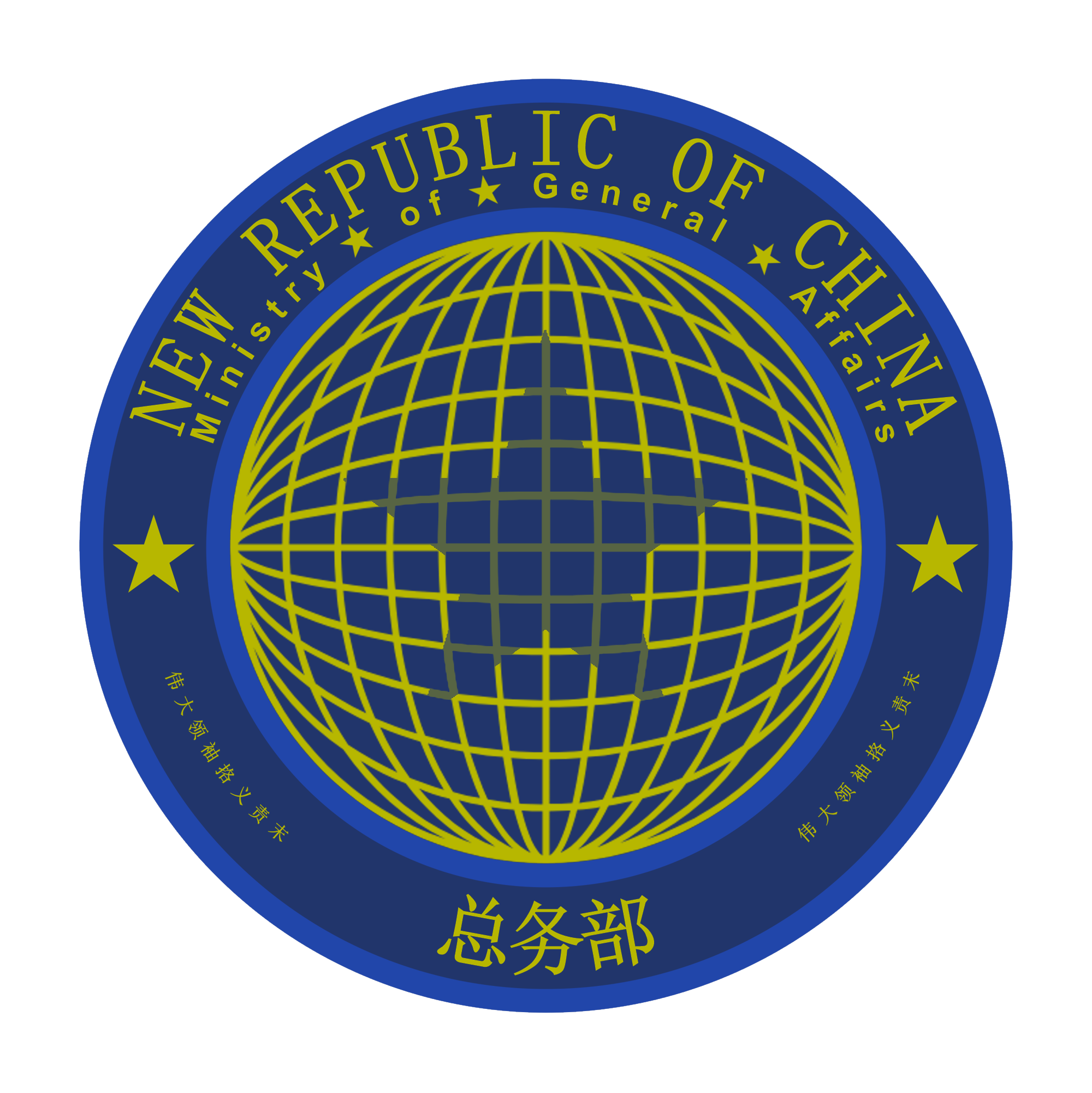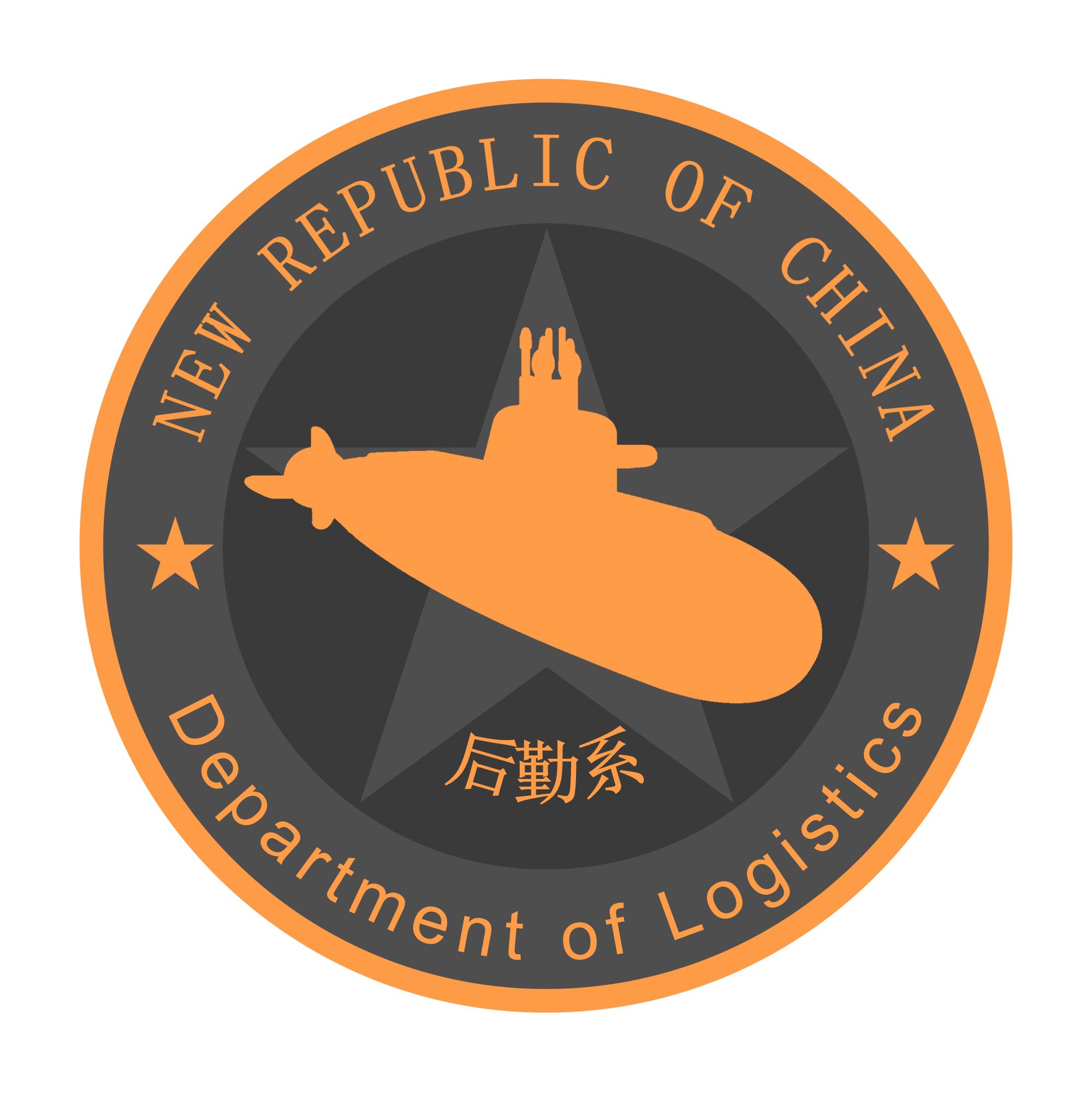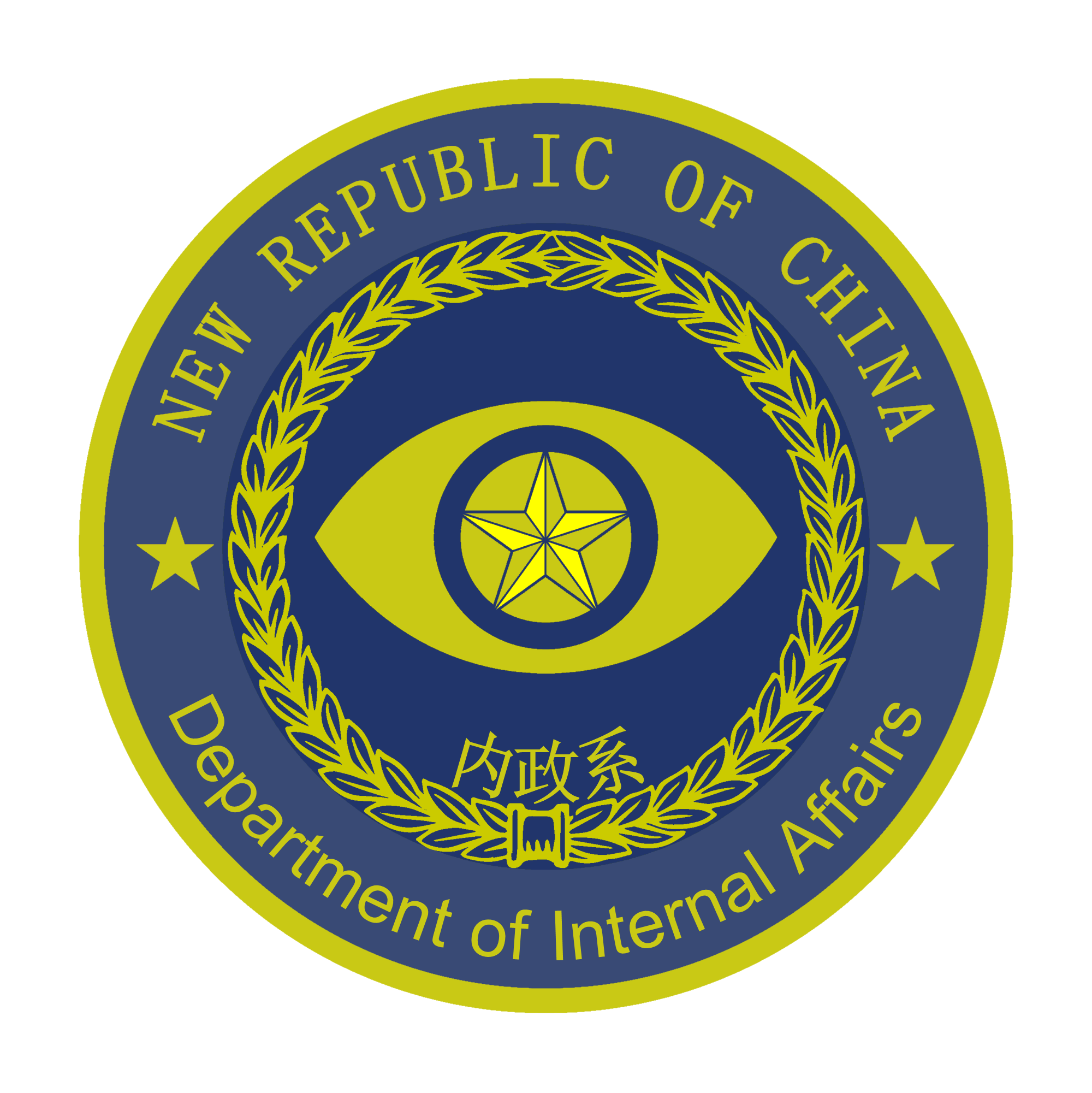Government of the New Republic of China
The government of the NRoC is committed to serving its citizens with transparency, efficiency, and integrity. Our institutions are designed to uphold justice, ensuring prosperity and security for all.
Ministries & Departments
Structure and Oversight
The ministries of the New Republic of China operate under the oversight of the Ministers' Council, the central executive body responsible for coordinating national policy across all sectors. This council consists of the appointed heads of each ministry and department, each selected for their loyalty, expertise, and service to the state.
The Ministers' Council meets regularly in closed sessions to propose, debate, and finalize government initiatives. These sessions cover a wide range of matters, including infrastructure development, security threats, scientific directives, internal control, judicial reform, and external diplomatic actions. Minutes of these meetings are not publicly released, but summaries may be provided through the Voice of Europa in line with government transparency guidelines.
Each minister maintains full authority within their domain but must submit major initiatives to the council for collective review. Joint operations, such as coordinated military-scientific programs or justice-led internal affairs audits, require cross-ministry alignment and council endorsement.
Ultimate authority rests with Great Leader 挌义责末. All policy, regardless of council approval, remains subject to the Great Leader’s final decision. The Great Leader may veto any proposal without explanation, dissolve the council temporarily, or reassign any minister deemed inefficient or disloyal. This ensures that the will of the state remains unified, efficient, and unwavering in its mission.
Through this structure, the New Republic of China maintains strict discipline, streamlined governance, and rapid-response capability in a hostile environment. The balance between ministerial initiative and centralized authority reflects the founding principles of the New Republic: strength through unity, clarity through control.
Judicial and Military Courts
The judicial system of the New Republic of China is a robust structure designed to maintain order, loyalty, and unity. It is divided into separate bodies to address civilian and military matters:
- Supreme Judicial Tribunal: The highest court responsible for reviewing disputed and important court cases, ensuring that legal matters align with the interests of the state. It handles constitutional matters and high-profile cases involving civilians, political figures, or issues that affect the stability of the New Republic.
- Lower Courts: These courts handle civilian matters such as criminal, family, and property law, maintaining control over everyday legal issues. They serve as the foundational courts of the NRoC's judicial system, with judges appointed based on loyalty and adherence to state principles.
- Supreme Military Tribunal: A dedicated body for handling strictly military matters, this tribunal reviews appeals and cases that involve violations by naval personnel or any high-ranking military officers accused of serious offenses. It serves as the final authority for military legal issues.
- Military Courts: Focused on military-specific crimes, these courts address infractions such as insubordination, desertion, or espionage among the ranks. They function similarly to lower courts but with a focus on ensuring discipline within the military.
Central Committee
The Central Committee is composed of high-ranking military officers and political figures who advise and support the Great Leader in strategic decision-making. They ensure that the military remains aligned with the Great Leader’s directives and policies. While they do not directly oversee legal matters, they play a crucial role in the national security strategy and can intervene in matters that pose a threat to the state’s stability.







